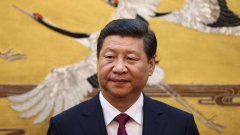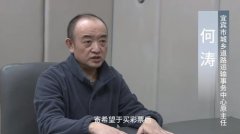On Saturday afternoon, about 50 Chinese were crowded in a humble gray office in the center of Tokyo, and it was also a bookstore here.They came to a seminar on Qiu Jin.Qiu Jin was a Chinese feminist poet and a revolutionary, and was beheaded by the Qing Dynasty more than a century ago.
Like them, Qiu Jin also lived in Japan as immigrants.The title of the speech is to rebuild China in Tokyo, which reflects not only the wishes of the people present, but also depicting Qiu Jin's life.
Public discussions like this have been common in large cities in China, but in the past ten years, they have become more and more suppressed.China does not encourage public organizations and participating in citizen activities.
Last year, a new type of Chinese people lived in overseas regions such as Japan.
"So many Chinese people come to Japan," Li Jinxing, a human rights lawyer who organized the event in January, said, "Everyone needs a place to suffer a bit of bitter water, complains enough, and then we reflect on what to do."Worried, Li Jinxing himself moved from Beijing last September to Tokyo."We have a mission to promote China's transformation," he said.
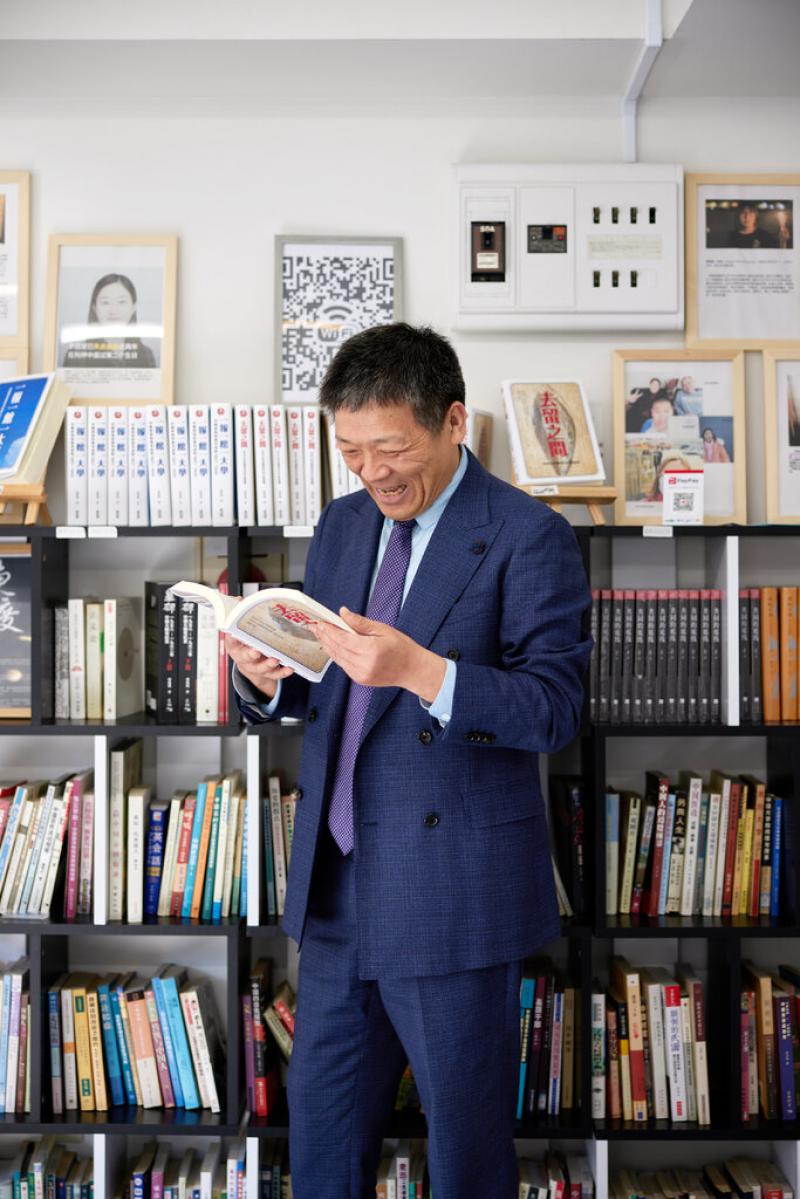
From Tokyo, Chiang Mai to Amsterdam, and New York, overseas Chinese are building a banned public life in China to cultivate their citizenship -and this is exactly what the Communist Party does not want to see.They have a Chinese bookstore, a seminar, and organizing private groups.
These immigrants are creating a different China, a more promising society.In the process, they are redefining the meaning of being Chinese.
Last year, four Chinese bookstores opened in Tokyo.In the at least four cities in the United States, as well as London, Amsterdam, and Vancouver, it was encouraged by the successful monthly feminist open microphone in New York in 2022, and feminists were also holding similar performances.Chinese immigrants in Europe have established dozens of non -profit organizations focusing on LGBTQ, protests and other issues.
Most of these activities and organizations do not have obvious politicality, nor do they use the purpose of overthrowing the Chinese government, although some participants hope to return to a democratic China one day.However, immigrants who organize these activities say they think they are afraid of living, trusting each other, and pursuing a lively life.
Even after leaving, many Chinese people still have a long time of fear of the government and dare not participate in public activities that do not match the mainstream theory of the Communist Party.
But by 2022, the white paper movement that broke out in China has caused demonstrations in other countries.Everyone realized that they were not alone and began to look for like -minded people.
The young professionals who have lived in Japan for ten years "One Mai" said that since the protests in 2022, he has been organizing and participating in protests and lectures in Tokyo.
In June last year, he participated in my talk about his Chinese podcasts, and was surprised to find that there were about 300 people at the scene.(I am also surprised. Who wants to listen to reporters about her podcasts?) He said he knew about a dozen people in the event and kept in touch with them.
"Participating in public life is a virtue," "A grain of wheat" said, because he was worried that the government had revenge, he asked to use his own network nickname, which originated from the content of rebirth in the Bible.
China had a public domain that German philosopher Bermas said in the 2000s and early 2010.At the same time as the existence of the country's recognition of culture and social life, the authorities have also allowed an active public dialogue space that has been reviewed.
In the bookstores in the big cities in China, the Democratic Democratic Democratic and Hayek's road to slavery in the U.S.A reading club founded by Real Estate Tycoon Ren Zhiqiang in Beijing has attracted China's top entrepreneurs, intellectuals and officials.The annual L.G.B.T.Q celebration Shanghai Proud Festival has attracted thousands of participants.Periodic activities have launched activities such as "capturing men's toilets", and official news reports at that time said they were the power of progress.Independent movies, documentaries and underground magazines explore the topic of the Communist Party that do not like but tolerate: history, gender and inequality.
At the end of 2012, Xi Jinping took over as national leaders. In the next ten years, all these initiatives were shattered.The investigation reporter lost the channel for publishing works, human rights lawyers were imprisoned or disqualified from lawyers, and bookstores were forced to close.Ren Zhiqiang, a real estate tycoon who founded the reading club, was sentenced to 18 years in prison for criticizing Xi Jinping.Non -governmental organizations, LGBTQ organizers and feminist activists are harassed, raised, or forced to exile.
and more and more Chinese escape from the motherland, the government and those propaganda, and go to the places that can give them freedom.Now they can connect with each other, provide a platform for exchanges for Chinese people at home and abroad, and imagine a different future.
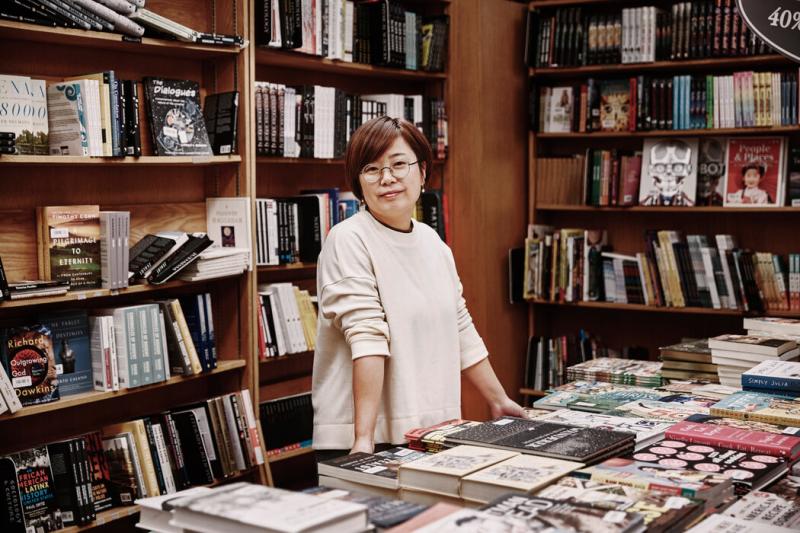
Zhang Jieping was a reporter born in mainland China. He worked in Hong Kong for 20 years and moved to Taiwan during the new crown epidemic.In 2022, she founded a bookstore in Taipei.In December last year, she opened a branch in Chiang Mai, Thailand, and plans to open a branch in Tokyo and Amsterdam this year.
Zhang Jieping said, "I hope my bookstore will become a place for Chinese exchanges worldwide."
Her bookstore is called "Now", which will issue a "Flying Republic" passport to customers. These customers are called "citizens", not "members".
Feidi Taipei Store held 138 events last year.The Chiang Mai Store held about 20 events within the first six weeks.The theme is very wide: war, feminism, Hong Kong protests, and cities and interpersonal relationships.I talked about my podcast show in both stores.
Zhang Jieping said that she does not want her bookstore to only face different political opinions and young rebels, but to all Chinese people who are curious about the world.
"What is important is not just what you oppose, but what life you want," she said."If the Chinese are good, the Chinese are not able to rebuild the society in a place where there is no top -down restriction, then even if we change the dynasty, we will never live a better life."
Zhang Jieping and the human rights lawyer Li Jinxing, known as Wu Lei, said that today's Chinese immigrants are different from the generation of the 1980s, and most of them are economic immigrants.The economic conditions of new immigrants are better and have higher education.They care about their economic well -being, and they are also concerned about the sense of belonging to their greater things.
Zhang Jieping and Li Jinxing started their own business with their own money.Li Jinxing's store covers an area of about 65 square meters and is mainly used for activities, with a monthly rent of about $ 1,300.He said he could afford it.
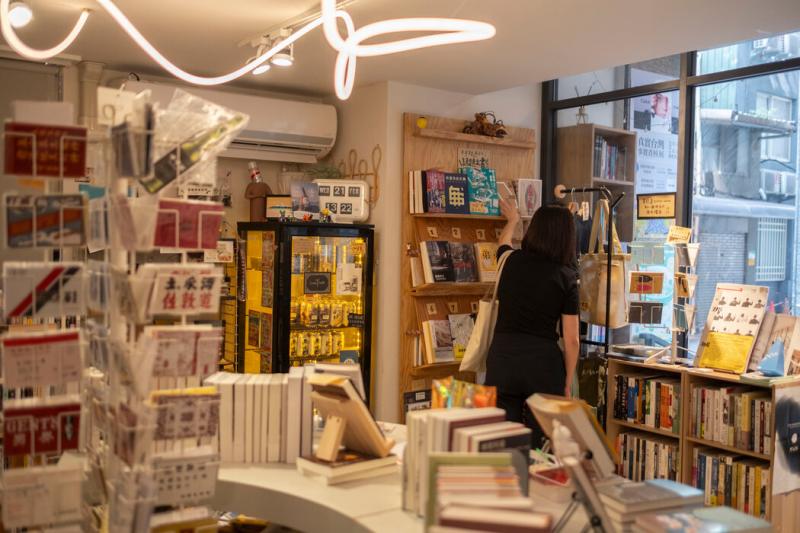
Zhang Jieping is currently a researcher at Kennedy College of Harvard University. She uses her own savings to subsidize the Chiang Mai branch.Taipei Store made profit last year.A new source of its income is to mail books from Chinese people around the world, except for mainland China, because the purchase of banned books may be criminally charged there.
One Saturday in January, the same day of the Seminar of Li Jinxing's Tokyo Bookstore, eight young Chinese sat around a table at a Japanese professor's home to discuss the Taiwan election held last weekend.Since last year, they have been public and privateDuring the event, and participated in the interest groups from various themes such as feminism to non -violent exchanges.
"We are now preparing for Chinese democratization," said Yu Mei, who moved to Japan in 2022 and participated in white paper protests."If CCP falls tomorrow, is there any possibility of citizens?"
Yuan Li wrote the "New World" column for the New York Times, focusing on the topic of Chinese and Asian technology, commercial and political cross -issues.Click to view more information about her.

